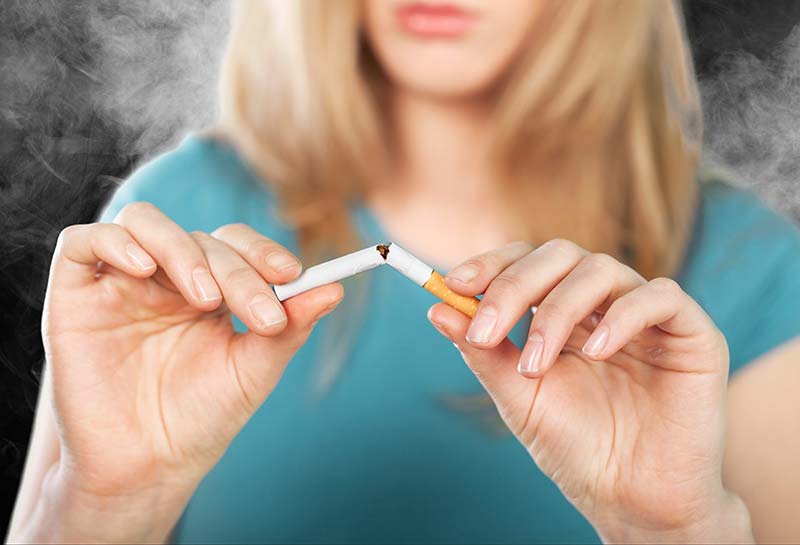What is coronavirus COVID-19?
Coronaviruses are a group of related viruses that cause diseases and respiratory infections that can be mild or lethal.
One of the lethal ones is COVID-19 (Coronavirus disease 2019). This infectious virus has now become a global epidemic, according to the World Health Organization.
Unfortunately, scientists are still not sure if recovering from the virus makes you immune to it or if you can be infected again.
Symptoms of COVID-19
Common symptoms
- Fever
- Cough
- Shortness of breath
Less common symptoms
- Muscle pain
- Sore throat
- Mucus or phlegm (sputum) production
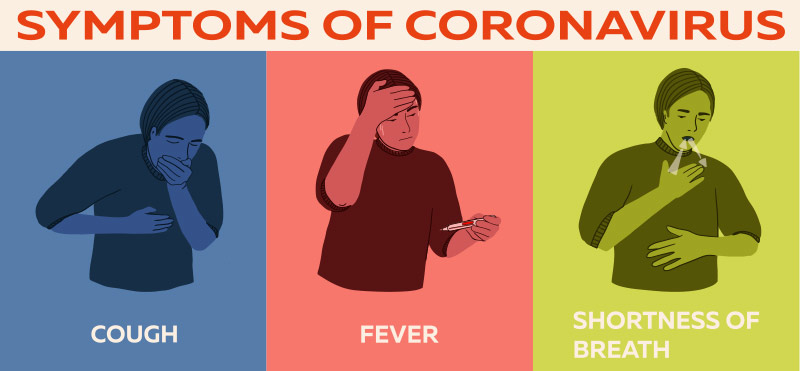
Is it serious?
The majority of those infected have mild symptoms. But some progress to severe pneumonia, multi-organ failure, and death.
A study published in The Journal of the American Medical Association examined the cases in China. They found that 80% of those diagnosed had moderate symptoms and 20% experienced severe life-threatening symptoms.
Those who are the most susceptible to these severe symptoms:
- Are of advanced age. “As people increase in age from their 40s to 80s, we’re seeing mortality increase.”, says Michael Mina, MD, PhD; assistant professor of epidemiology at the Harvard T.H. Chan School of Public Health.
- Have weaker or compromised lungs or immune system.
- Have underlying health conditions such as cardiovascular disease, cancer, diabetes, transplant history and lung disease like COPD or emphysema.
Are Smokers More Susceptible to COVID – 19?
Unfortunately, smoking harms the immune system, which makes your body less able to fight off disease and infection.
Smoking tobacco also increases inflammation in the body and harms the lungs.
That’s why coronavirus is more dangerous for smokers, said Professor Robert Dingwall, a public health expert at Nottingham Trent University.
Professor Chris Whitty, epidemiologist and Chief Medical Officer for England recommends smokers quit.
“I might add one slight rider to that which is for most respiratory infections, you worry about people who smoke a bit more. They’re more likely to get it and their lung immune system is less good. To be clear on smokers, my recommendation is that they stop smoking if you’re going to give up smoking, this is a very good moment to do it.”
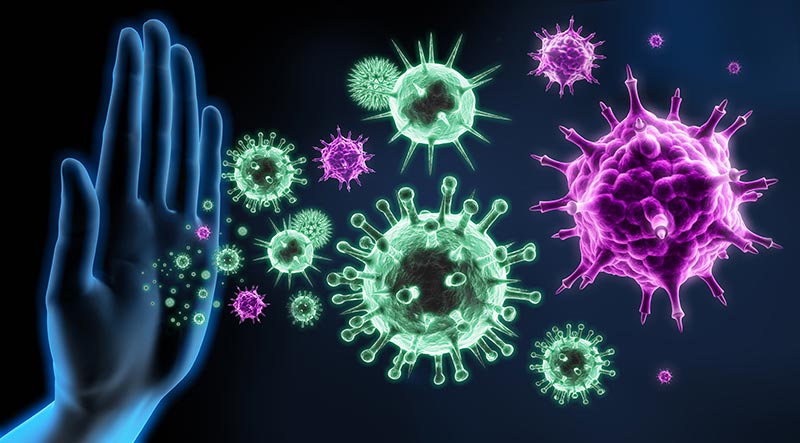
So yes, smokers are more susceptible not only to catching COVID-19 but also developing worse symptoms if they get infected.
One reason is that smoking can cause lung disease like COPD and emphysema. These lung conditions make it more likely to get pneumonia, which is one of the severe COVID-19 symptoms.
However, all smokers are at higher risk of getting respiratory viral and bacterial infections like COVID-19. Even those who don’t have other lung or medical conditions.
That’s because smoking weakens the immune system, which is the body’s natural defense mechanism – says Dr Sanjay Agrawal, chair of the Royal College of Physicians’ Tobacco Advisory Group.
On top of that, if smokers do catch the virus, they’re more susceptible to pneumonia because they have a weaker immune system, compromised lungs and have damaged the cells protecting their nose and airways.
Our airways are lined with very small hairs, called cilia. Cilia act like a broom, sweeping toxins out of the airways when we cough. Smoking and vaping irritate and inflame the lungs and slow down and destroy the cilia. With fewer and slower cilia, your airways can’t stay clean and healthy. As a result, they store mucus in the lungs and this mucus can easily be infected by viruses.
What Research Says
Even though there aren’t enough studies investigating the connection between smoking and COVID-19 yet, we know smoking harms the lungs, which is what the virus attacks.

The coronavirus uses the receptor ACE2 to infect cells. And a preprint study found that the gene that encodes the receptor ACE2 is more active in smokers than nonsmokers. “This indicates that smokers may be more susceptible to 2019-nCov” and are part of the vulnerable population.
A study published in the Chinese Medical Journal involved 78 patients with COVID-19 pneumonia. And they found smokers were 14 times more likely to have progressed symptoms than nonsmokers, including death.
Another research analyzing 8000 deaths from China showed men are more likely to die than women. This could be related to the fact that more men smoke in China. More than 50% of Chinese men smoke compared to only 2.7% of Chinese women.
The research is ongoing and there’s still a lot we don’t know about the virus.
What we do know is that smokers are more vulnerable if they’re exposed to flu or other respiratory infections. And CODIV-19 is exactly that.
Does Vaping Also Make You More Susceptible to COVID-19?
People with compromised lung function can be at risk for serious complications of COVID- 19. And because vaping can harm lung health, vapers may also be at risk.
Although there’s no study that links vaping to mortality from COVID-19 yet, it’s been proven that vaping aerosol, used by all brands of e-cigarettes, causes lung inflammation and harms the immune system.
Is Vaping Healthier than Smoking?
Only time will tell.
But even if it was, healthier does not mean healthy. Vaping companies and representatives – most of them owned by big Tobacco- will go in great lengths to convince you vaping is an option during this epidemic. It’s not.
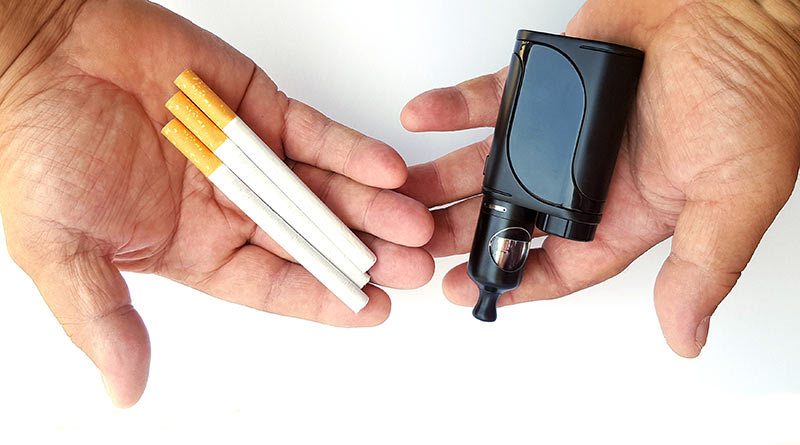
When it comes to defending against a virus that infects your lungs, vaping makes you susceptible because:
- Vaping causes inflammation of the lungs. A study in the journal Cancer Prevention Research found that just one month of vaping altered the lungs of people who never vaped before.
- E-cigarettes harm lung cells and make you less able to respond to infection says Dr. Nora Volkow, director of the National Institute on Drug Abuse.
- Vaping contains acrolein (a herbicide) that can cause lung injury, COPD, asthma and lung cancer.
- It can suppress the response of your immune system at the gene level as much or even more than smoking.
- And it can change your lung biology, even if it’s occasional or second hand. In this study, healthy non-smokers were exposed to e-cigarette aerosol. After only 20 puffs, vaping altered the expression of 60 genes (including genes predisposing you to inflammation).
- What about JUUL? Aerosol from JUUL (owned by Phillip Morris) impairs blood vessels the same way normal cigarette smoke does.
You can learn more ways e-cigarettes affect your lungs and make you susceptible to respiratory infections here.
Do not exchange smoking for vaping and if you vape, now it’s the best time to stop.
Are Young Adults Safe?
Recent research showed that young adults are at risk if they smoke or vape.
Researchers at the University of California, San Francisco looked at data from 8,400 men and women ages 18 to 25 and found that 1 in 3 young adults who smoke or vape have higher risk of illness severity, ICU admission or death.
So e-cigarette, tobacco and cigar use makes young adults vulnerable- even if they’re otherwise healthy.
FAQ’S
What if I already have a lung condition or underlying health condition?
Having an underlying health condition or lung disease such as COPD and emphysema increases your risk of experiencing severe COVID-19 symptoms.
But remaining a smoker or vaper increases that risk even more.
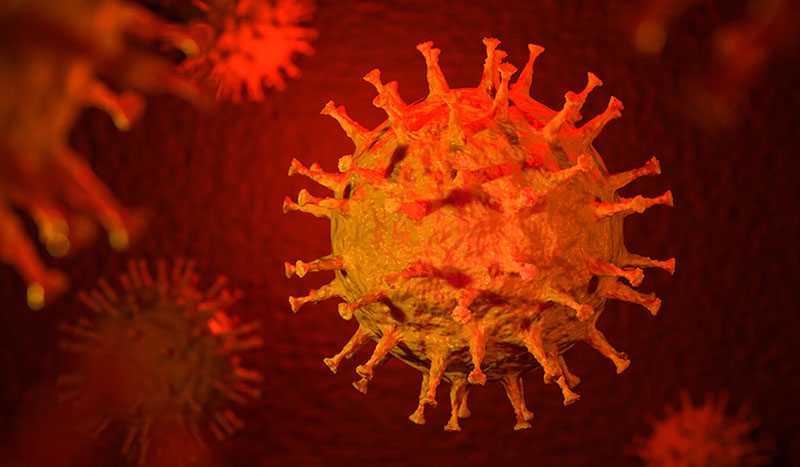
Stopping smoking may not remove the risk 100%. However, you will stop causing inflammation to your body and you will improve your health and immune system, giving your body a fighting chance against the virus.
Quitting smoking will also help you feel more in control over your health.
Is it too late for me? For how long do I need to be smoke-free to reduce my risk of getting corona or having serious complications if I get it?
According to Professor Lewis, lung defenses can start to heal within days after quitting. So quitting smoking now could significantly improve your ability to defend and recover from the infection.
There’s not a specific day after quitting that your lungs or immune system instantly heal. On the contrary! The healing is continuous; it starts the moment you quit and keeps improving for as long as you stay smoke-free.
So quitting smoking will improve lung function and decrease your risk of pneumonia, and if you do get CONVID-19, you’ll have a lower risk of severe symptoms.
Every cigarette you don’t smoke matters!
I self-quarantine. It’s not going to happen to me. Do I still have to quit?
The virus has already infected 200.000 people worldwide and it keeps spreading exponentially. Also, it’s fairly easy to catch it and we’re not sure if those recovered are immune or can spread it again.
So it’s best to think in terms “What if I do get it?”. In that case, your immune system is your first line of defense.
Even in quarantine, your life will be 100 times better if you don’t have to worry about smoking. Plus, you’ll have the time and space to prepare for your quit and succeed. It’s the right time.
Is cannabis safe?
Although we don’t know exactly how cannabis affects the lungs and immune system, cannabis smoke is very similar to tobacco smoke, and vaped cannabis still delivers aerosol. So it’s recommended to stop using it, for now, explains Stanton A. Glantz, PhD the director of The Center for Tobacco Research Control & Education.
How to Quit Smoking Despite the Stress

The COVID-19 epidemic can change everything. Not only because it’s a potentially deadly virus for some but also because it’s changing life as we know it.
Our routines, freedom, social interactions, priorities, work environment, frame of mind. Everything gets affected.
Even though we all hope there’s a solution soon, we still have to adapt to this new reality. A reality we didn’t choose but still have to embrace.
In those times of uncertainty and stress, you may think cigarettes will help you cope.
Not because smoking gives any certainty or relaxation; cigarettes are nothing but a stick of brainless rolled grass with 4000 chemicals.
But because smoking is part of a routine; and routine gives the illusion of certainty and stability.
In times where everything changes, you may be apprehensive to make additional changes like quitting smoking.
But in reality, quitting smoking is the ONLY change that will give you certainty, security and some peace of mind. It’s something you will do now and reap the benefits now and forever.
Quitting smoking is the only thing that can reduce your stress physically and mentally.
Just imagine having more money, health, and freedom – instead of worrying about your next craving, stocking up cigarettes or feeling guilty for smoking.
The truth is, quitting smoking is the ONLY thing you can control right now.
So why leave that to chance?
There’s no good reason to postpone it any longer.
– Nasia Davos
You can email us here: [email protected]
Learn more about the CBQ Method: https://cbqmethod.com/cbq-method/
Join our Facebook Support Group: https://www.facebook.com/groups/cbqmethod/
Subscribe to our Youtube channel: https://www.youtube.com/cbqmethod



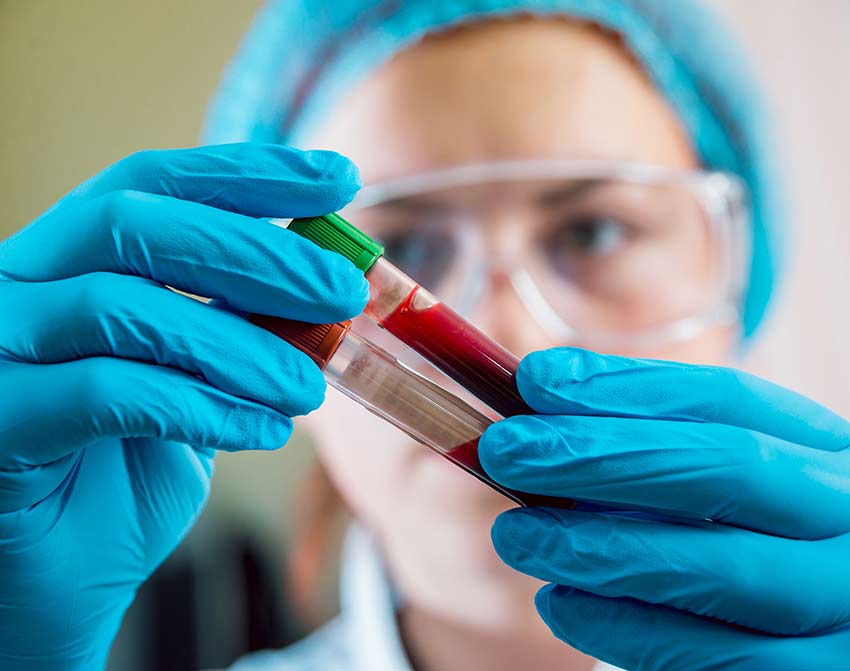



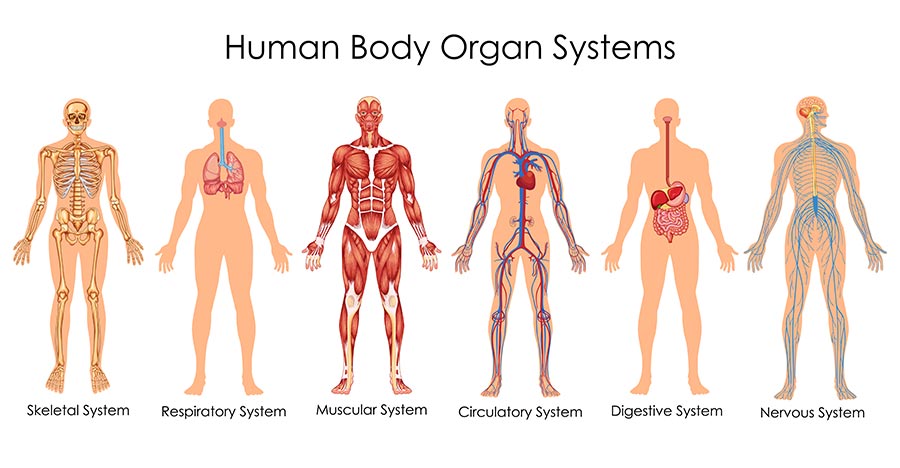
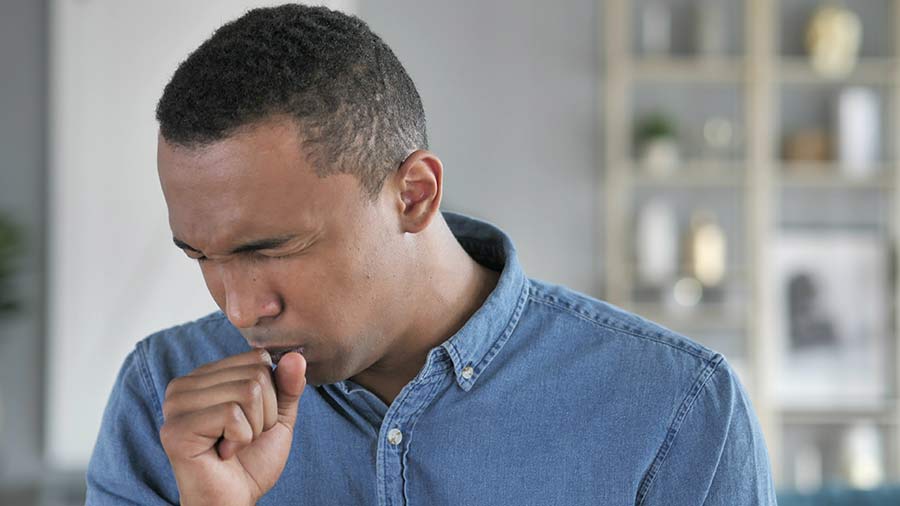
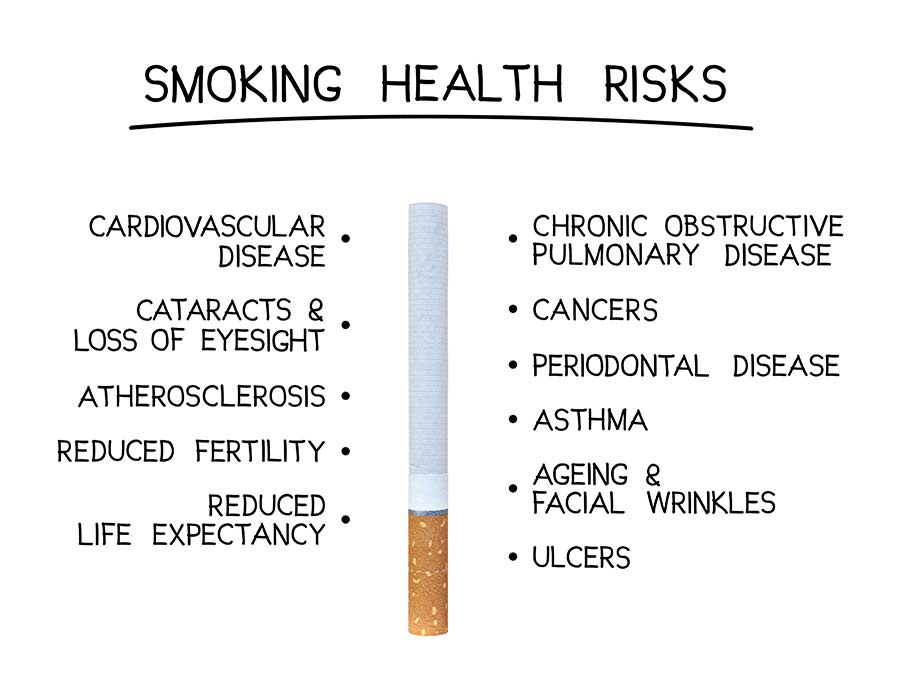
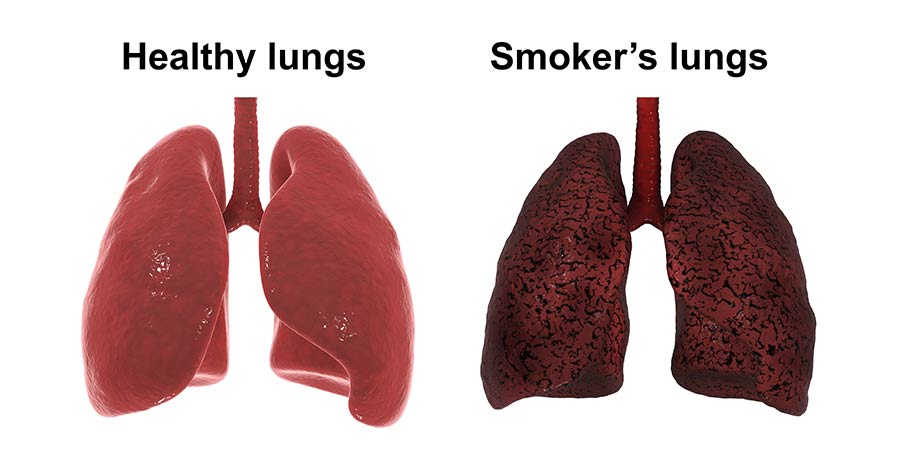
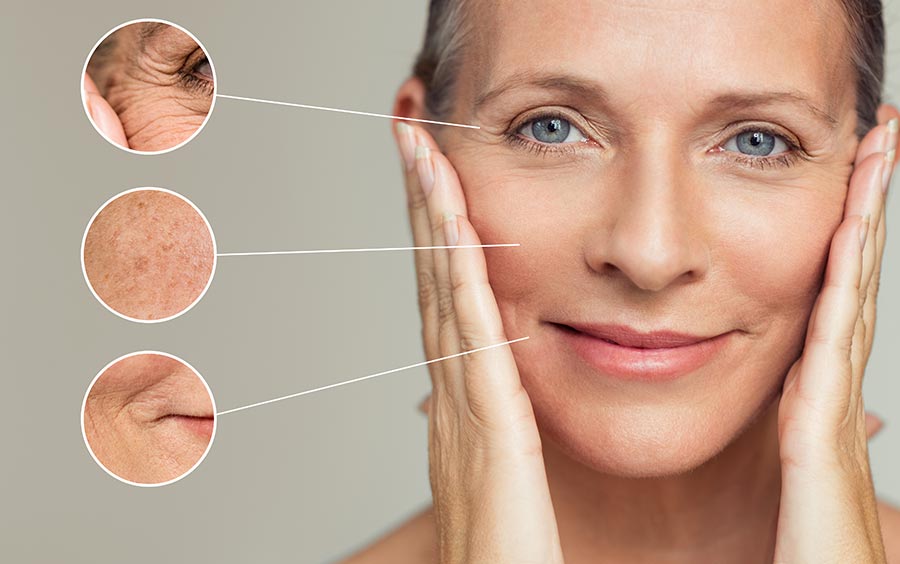



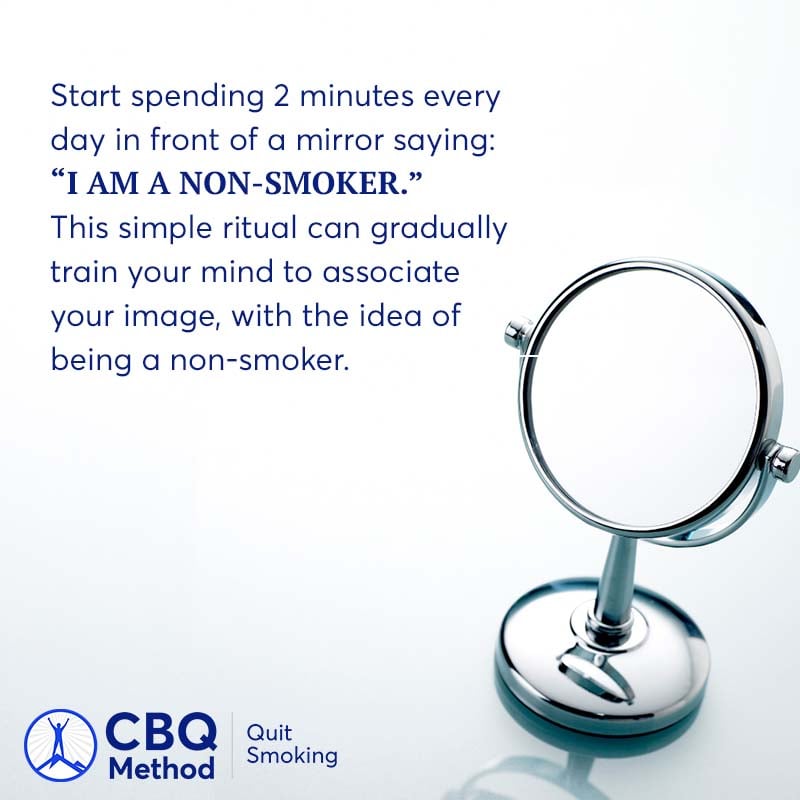
 3. Ask for advice. If you know someone who has quit successfully, ask for their stop smoking tips as well as suggestions and support. Ask if you can call or text if you feel discouraged.
3. Ask for advice. If you know someone who has quit successfully, ask for their stop smoking tips as well as suggestions and support. Ask if you can call or text if you feel discouraged. Quit Smoking Tips for Your Quit Day (and All Your Non-Smoking Days Afterwards)
Quit Smoking Tips for Your Quit Day (and All Your Non-Smoking Days Afterwards)



 7. Calculate your savings.
7. Calculate your savings. 


